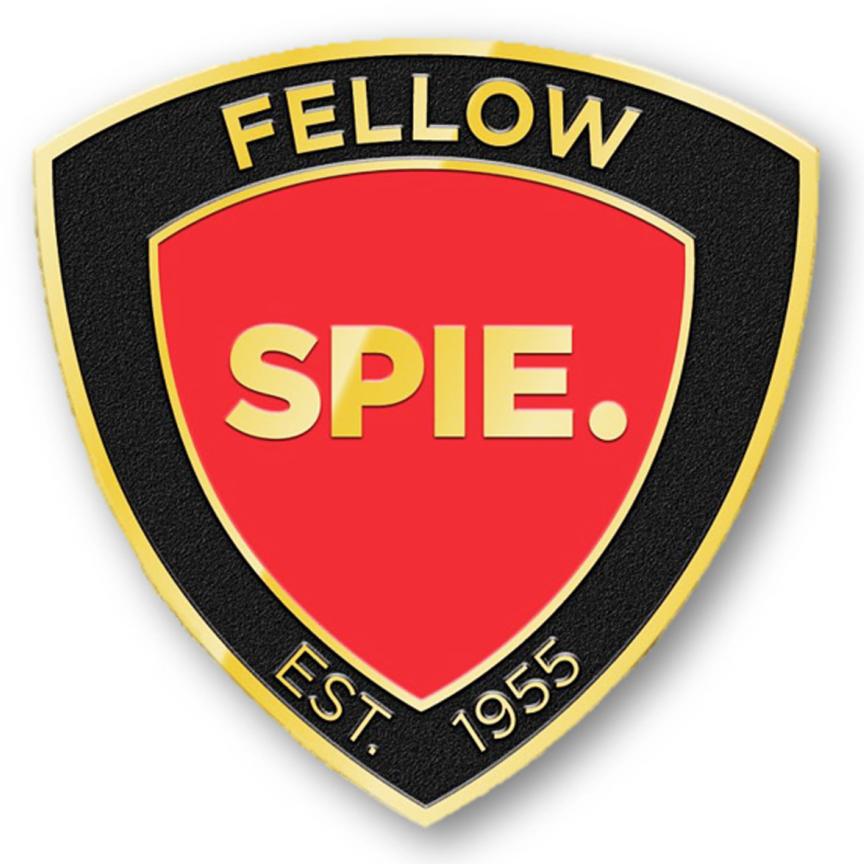Miniaturisation has benefitted spectroscopy greatly, recalls Avantes founder and CEO, Benno Oderkerk, speaking to Jessica Rowbury at Optatec in Frankfurt
At the Optatec trade show, which took place in Frankfurt from 20-22 May, there were many products on display demonstrating how spectrometers are becoming smaller, more innovative and are being used in a wider variety of applications. Reflecting on the first time he exhibited at Optatec in 1994, Avantes’ founder and CEO, Benno Oderkerk, spoke about the company’s 20th anniversary in April, and how the field of spectroscopy has changed over the last two decades.
In the first few years of Avantes' being in business, spectrometers were mainly confined to laboratories, and the main challenge back then, Oderkerk said, was convincing customers that the smaller machines were effective. ‘We had a hard time convincing customers that small spectrometers basically did the same things as a big spectrometer,’ he said.
Nowadays, however, it is a well known fact that small portable spectrometers can be just as powerful as the larger desktop instruments, and the challenge now is to stand out from the competition, Oderkerk noted: ‘Twenty years later, we see there are many more players in the market. There has been a lot of innovation in the field of spectroscopy, and we see that there is much more of a challenge to see how you can conquer potential OEM applications in large volume, and how you can differentiate yourself from the competition,’ he said. ‘It is much more about being innovative, being different than what most others offer on the market.’
The miniaturisation of the technology has also meant that spectrometers are being used in more and more applications, and not just in the scientific field. ‘In the first years we were only selling to universities and research institutions. From 2000 onwards we started serving more OEM customers − so industrial applications,’ Oderkerk said. The medical, environmental and food safety industries in particular have become a major part of Avantes’ business, according to Oderkerk. ‘We see that recently a lot of medical applications have wanted to use spectroscopy, and we see that the environmental and food safety markets have been more and more important in recent years.’
The future for the field of spectroscopy is an exciting time, with some companies developing handheld spectrometers for the general public, in order to analyse the ingredients in food and drink. Oderkerk anticipates that the instruments will continue to become smaller and easier to use, and hopes that in the near future such devices could be integrated into smart phones or watches to measure factors such as air pollution, or even a person’s state of health. ‘My dream is that when I am 80 I will be monitored by small spectrometers in my watch − maybe it will happen before I am 80.’
Point-of care diagnostics is an area that spectroscopy is starting to penetrate. Also on display at Optatec was the STS-UV Microspectrometer from Ocean Optics, which has a wavelength range of 190-650nm, and is capable of testing for DNA, RNA and protein determination. In a diagnostic laboratory, biological molecules are routinely measured using UV absorbance to obtain information on concentration and sample purity. Ocean Optics' microspectrometer measures 50mm2, weighs 60g, and provides UV absorbance data over a wide range of sample concentrations.
Oderkerk compared the miniturisation and more widespread availability of the technology to GPS navigation systems: ‘GPS systems used to be massive, and in planes only. The technology slowly came into cars, and now I have it in my watch and I can see where I run by just looking at my watch.’
However, as spectrometers are being used in an increasing number of applications and by different groups of people, education on the field of spectroscopy is becoming even more important. ‘A lot of our customers nowadays do not even know what a spectrometer even is, or how it works,’ Oderkerk noted. He went on to describe how several officials from The Netherlands government attended Avantes’ 20th anniversary event in April, and the director of economic affairs mentioned how he had recently just started to learn about the subject of photonics. Oderberk explained how it is important to make politicians understand how photonics could advance many areas in society: ‘[The director of economic affairs] now knows how photonics is an enabling technology.'
And, education of younger generations is crucial, especially as companies involved in spectroscopy are growing, and the industry will require many more talented scientists. ‘With the growth of the company − we have grown from two people to 85 people worldwide − it means that we always need new, good people,’ explained Oderkerk. ‘So first it is important that countries can find people interested in our field of photonics − and that is why we need to start with the youth, the schools, and we work a lot with trainees in our company in order that we find good employees for the future.’

